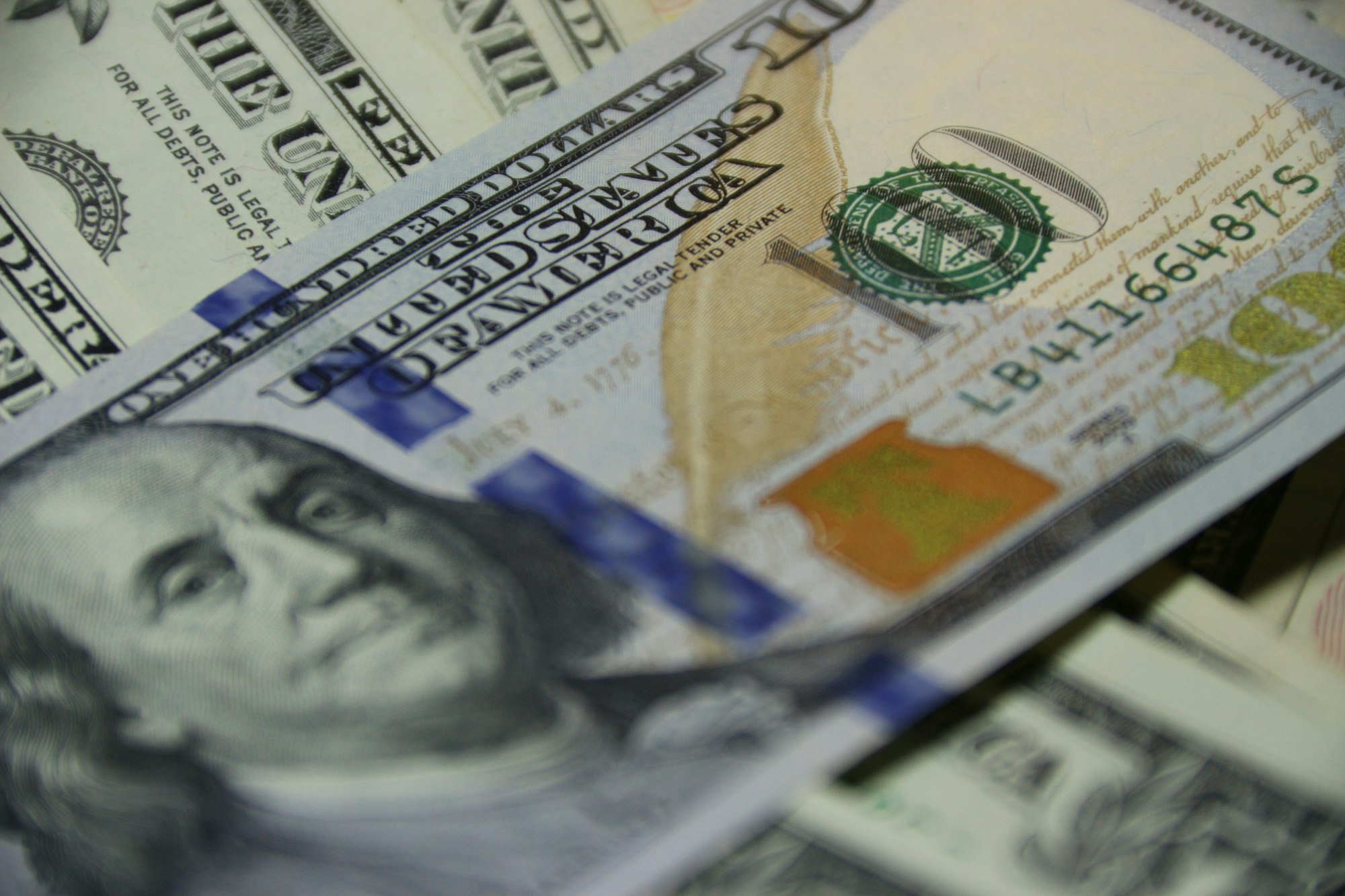Powell Pumps Brakes: Exploring the (Delayed) Rise of the US Digital Dollar
The specific applications of a CBDC would ultimately hinge on the final design and implementation of the system.

Central Bank Digital Currency (CBDC) has emerged as a focal point in contemporary discussions surrounding the future of global finance. As advancements continue to reshape the financial system, the notion of potential US digital cash has garnered significant attention.
Policymakers, economists, and financial experts alike are closely following this development.
In the United States, the prospect of implementing a CBDC is highly debated. Proponents tout its potential benefits for financial inclusion and transaction efficiency. Critics, however, express concerns about privacy and governmental oversight. They also worry about disruptions to the existing monetary system.
Amidst this backdrop of deliberation and speculation, Federal Reserve Chair Jerome Powell recently delivered a pivotal message before the Senate. He tempered expectations regarding the imminent arrival of a US digital dollar.
His remarks underscored a cautious approach toward CBDC implementation. He emphasizes that the nation currently needs to adopt such a system.
Powell's comments
In his recent address to the Senate, Powell made it clear that the country is far from implementing a CBDC.
Powell emphasized that they are "nowhere near recommending—or let alone adopting" a virtual currency in any form. Central to Powell's reservations is the issue of user data collection and government surveillance inherent in a new system.
He expressed concerns about any system that would require extensive tracking of user transactions, stressing their commitment to protecting individual privacy rights.
Powell's cautious stance underscores the need for thorough evaluation and consideration of the implications before moving forward with CBDC development. They serve as a reminder of the balance needed between technological advancement and safeguarding fundamental principles of privacy and autonomy.
Implementation details and roadblocks
Powell envisions funneling digital currency through existing banking channels rather than directly managed by the Federal Reserve. Any advancement in this realm would necessitate authorization from the White House.
Despite ongoing research regarding CBDCs, it remains in its nascent stages. This indicates that substantial challenges and complexities lie ahead before any concrete implementation can occur.
The cautious approach highlights the serious scrutiny and deliberation needed to navigate the complexity of cybercash integration. It underlines the intricate web of considerations and roadblocks that must be addressed before any significant strides can be made in this arena.
Political opposition
Resistance to CBDC implementation emerges notably from Republican quarters, with Senator Ted Cruz at the forefront. A primary concern voiced by Cruz is the potential for citizen tracking, a contentious issue sparking considerable debate.
While acknowledging these apprehensions, it's vital to recognize the multifaceted perspectives surrounding the validity and implications of such tracking.
Thus, the opposition to CBDC, epitomized by Senator Cruz's endeavors, emphasizes the intricate interplay between technological innovation, governmental control, and individual privacy rights.
As discussions evolve, navigating these complexities will be paramount in shaping the trajectory of these initiatives and ensuring alignment with democratic principles and societal values.
Worldwide potential applications of a US digital dollar
A US digital dollar holds great potential for global digital transactions, particularly in e-commerce. It provides a convenient and secure payment method for online transactions. It helps both consumers and businesses.
In the realm of e-sports and casinos, the digital dollar could facilitate seamless transactions. It can enhance user experience and accessibility to gaming platforms.
Even if you're outside the country, say you're looking for a no-deposit casino bonus in Ontario. Thinking about trying your hand at some slots or roulette? It could potentially help you make and receive payments effortlessly.
Peer-to-peer payments represent another substantial area where it could make its mark. Revolutionizing the way people send money to friends and family by enabling instant and low-cost transfers between consumers. This could significantly impact both domestic and international transactions.
it could serve as a reliable means for bill payments, simplifying the process for individuals and organizations to settle their financial obligations efficiently.
However, the specific applications of a CBDC would ultimately hinge on the final design and implementation of the system. Factors such as transaction fees, processing times, and compatibility with existing financial infrastructure would influence its usability across different sectors.
So, what’s next?
Powell’s recent testimony before the Senate provides critical insights into the current landscape surrounding the potential implementation of a digital dollar in the United States.
He reassured citizens that while the nation may need to adopt a CBDC one day, there is no imminent plan for its implementation. His emphasis on safeguarding user privacy underscores its commitment to upholding individual rights in any monetary innovations.
His remarks shed light on the significant hurdles that lie ahead, including the necessity of obtaining political and legislative approval from both the White House and Congress.
This intricate network of legality must be thoroughly understood and adhered to. This ensures that any proposed actions are carried out safely, ethically, and in compliance with all applicable laws and regulations.
As the debate surrounding CBDC continues to unfold, it is clear that there are still many questions and uncertainties regarding its potential developments.
What he pointed out serves as a guiding beacon. This prompts stakeholders to carefully consider the implications and complexities involved in such a transformative shift in the nation's monetary infrastructure.
Ultimately, the path toward a digital dollar will require meticulous evaluation, collaboration, and adherence to democratic principles to ensure that any events align with the best interests of society as a whole.






